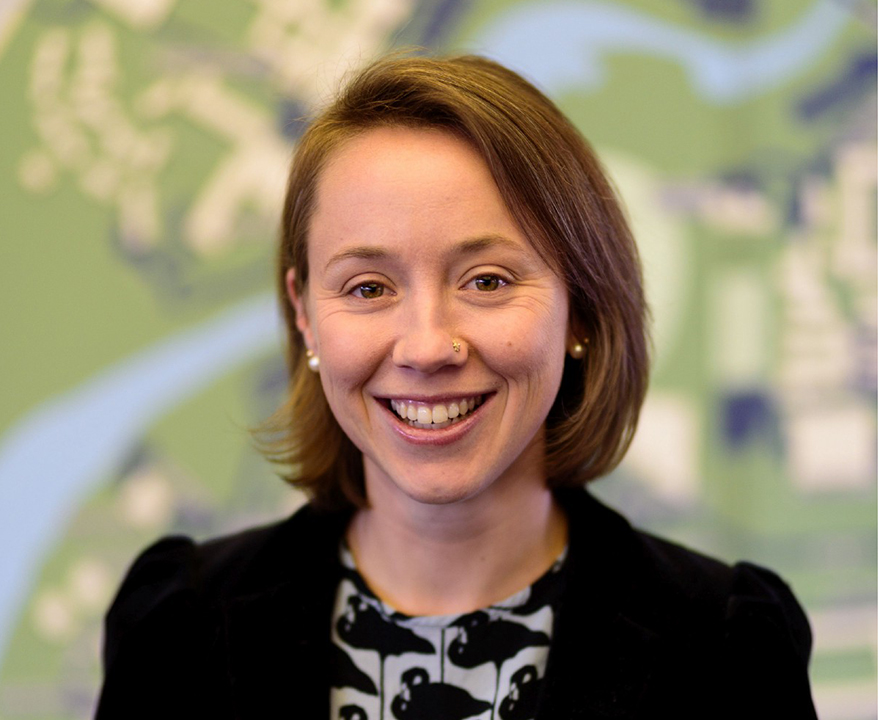Gender disparities and the science of women in organizations and teams

Gender disparities and the science of women in organizations and teams
- March 28, 2018
- Cailin O’Connor, LPS, explains in the Medium
-----
Collaborative research is now central to most sciences. When scientists (or members of any field) work together in groups though, inequalities can arise based on the amount of work scientists do and on how they are credited for that work.
Social norms tend to favor men when it comes to bargaining over resources like time and credit. Investigations of academic groups show the same: In many cases, women are less likely to receive authorship, less likely to hold prestigious author positions, and less likely to receive credit from promotion committees for collaborative work.
My research uses mathematical and computational models to ask: What sorts of social dynamics lead to these inequitable patterns? How does this inequity influence academics’ choices about whom to collaborate with? And, what can we do about it?
One lesson we’ve learned is that when you have a group of people divided into social categories, like men and women, this division dramatically changes the processes by which the group develops norms for bargaining over resources, time, and credit. Without social categories, groups tend to head towards equal divisions, but social categories provide built-in asymmetries between people that ground behavioral choices and alter group dynamics.
Notably, our models do not include bias or innate differences in capability between men and women, but we still see inequalities emerge. This means that anti-bias training may not be enough to reduce inequity! The way we learn, plus social categories, seems to be enough on its own to reproduce social inequities. Instead, we may need to think in terms of structural interventions, such as randomized authorship order and listing time contributions to projects to help solve the problem of apportioning academic credit.
As inequitable norms emerge, one might expect women to minimize their collaborations with men, since when they work with men they do more work and receive less credit. This can decrease the diversity of research teams. In other words, inequitable credit sharing and group diversity are deeply intertwined, and, to promote one, we need to solve the other.
-----
Would you like to get more involved with the social sciences? Email us at communications@socsci.uci.edu to connect.
Share on:
Related News Items
- Careet RightNearly one-third of social media research has undisclosed ties to industry, preprint claims
- Careet RightNew UC Irvine Center for Socially Engaged Philosophy aims to address real world problems
- Careet RightHow Did We Fare on COVID-19? - Voters didn't think their states failed on pandemic response.
- Careet RightTrump is gaslighting us
- Careet RightUCI Podcast: Women in science


